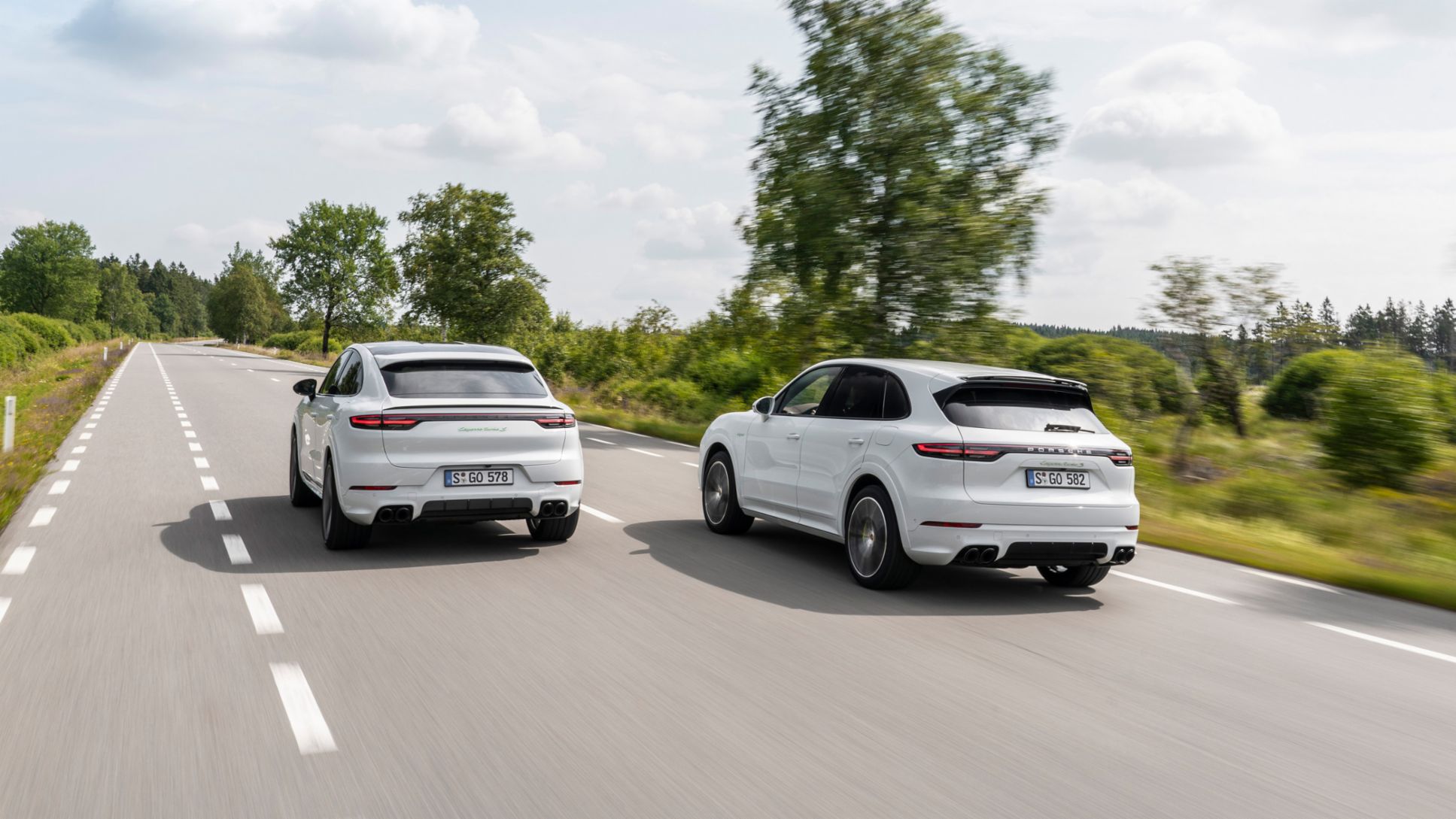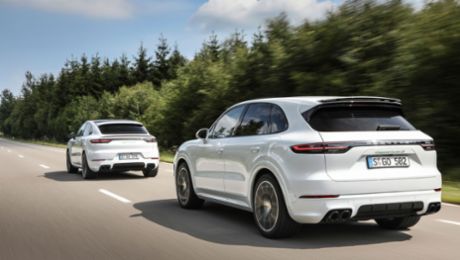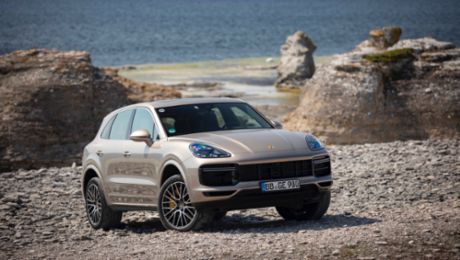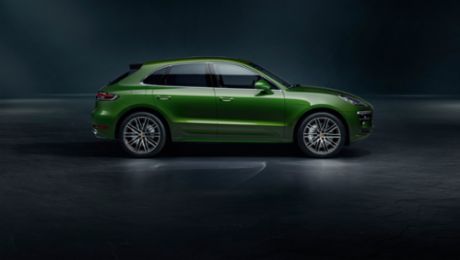The sports car manufacturer therefore achieved an increase of three percent compared with the prior-year period. The Cayenne and Macan model series enjoyed particularly high demand. The Cayenne again saw the strongest growth with 62,022 vehicles and a plus of 25 percent. The model was recently launched as a Coupé variant – also as a plug-in hybrid. 73,967 Macan models were handed over to customers. This corresponds to a growth of nine percent year-on-year.
Positive development in Asia and North America
Porsche has been able to maintain its position in China and the USA – in spite of the generally weaker economic situation in both markets. 64,237 vehicles were delivered to Chinese customers in the first nine months, representing an increase of 14 percent compared with the prior-year period. In the USA – the second-largest Porsche market – deliveries grew by six percent to 45,062 units. The sports cars from Zuffenhausen also remained popular in the Asia-Pacific, Africa and Middle East regions. 86,235 vehicles were delivered in these markets, corresponding to an increase of eleven percent compared with the same period in the previous year. Deliveries fell in Europe due to the conversion to WLTP and gasoline particulate filters, which led to gaps in the available vehicle range in the first months of the year.
“The growth in China and the USA makes us positive about achieving our overall targets for the year,” says Detlev von Platen, Member of the Executive Board for Sales and Marketing at Porsche AG. “In the medium term, there are signs of slight weakening in overall growth, however. We will monitor this closely and nevertheless remain optimistic going forward – also thanks to the full order books for the new Porsche Taycan.”
Porsche presented its first all-electric sports car with the Taycan at the beginning of September. The vehicle will be delivered in the USA from the end of 2019 and will be available in dealerships in Europe in the first few months of 2020.





